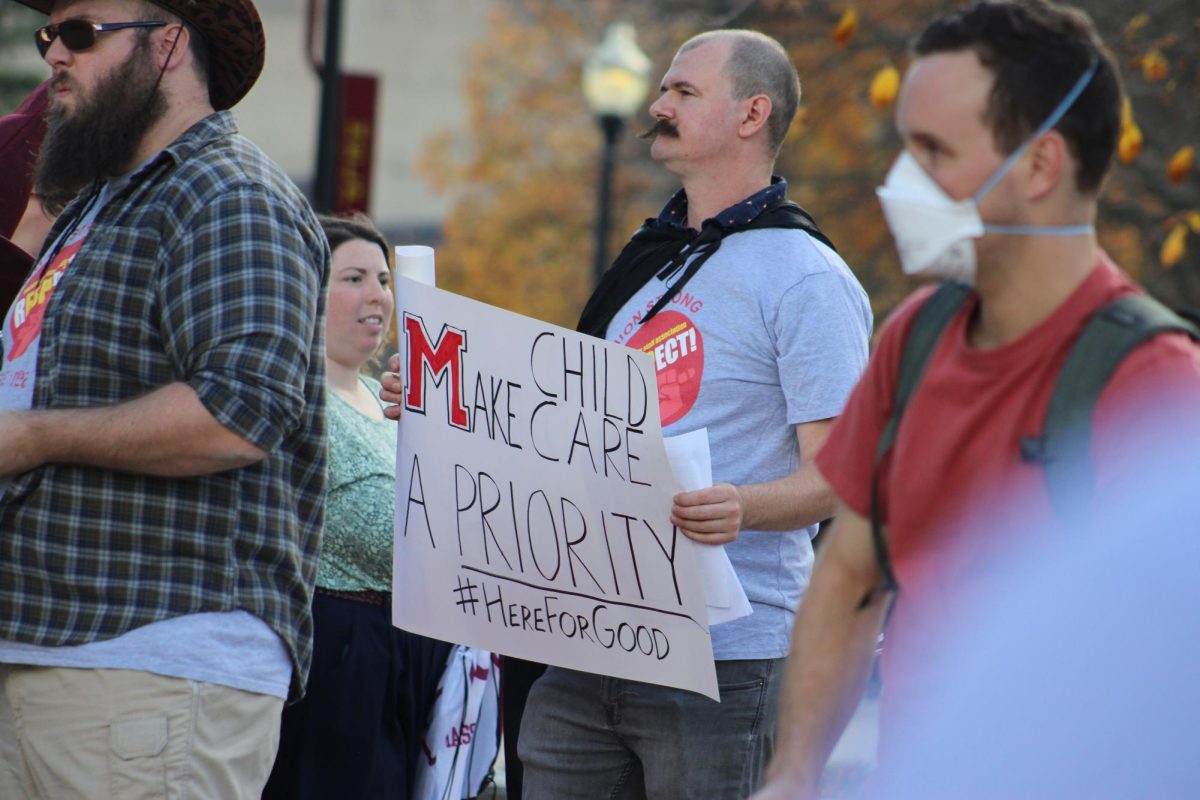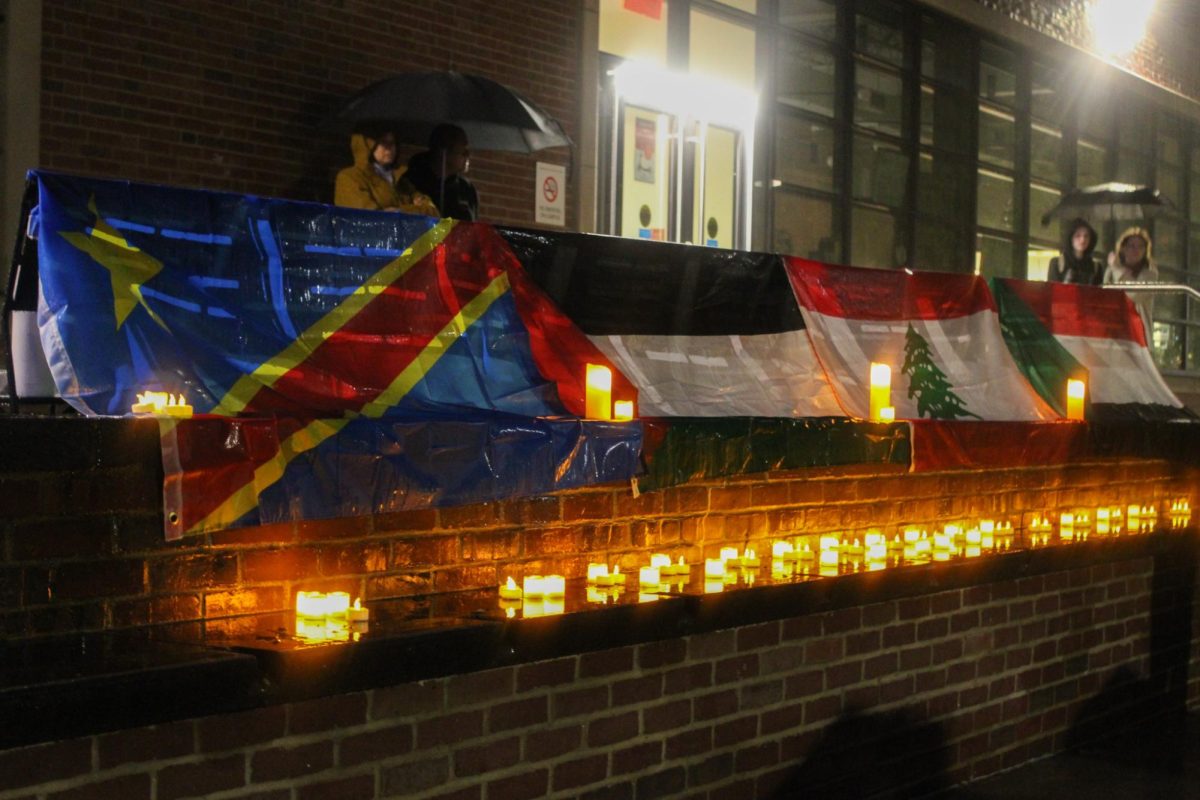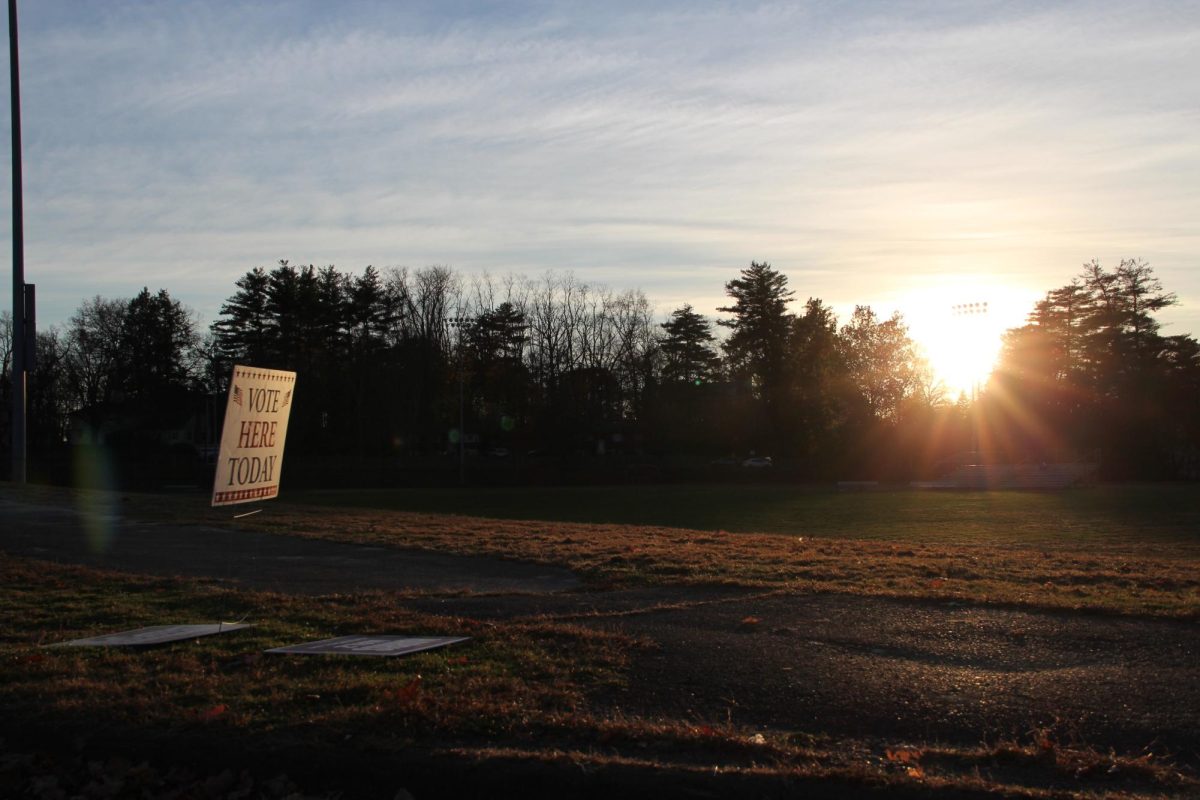
James Tate, a poet and professor in the English department at the University of Massachusetts, died Wednesday night. MassLive reported Tate, who was 71, died of cancer complications.
Tate was born in Kansas City, Missouri, and received a B.A. from Kansas State College before receiving an MFA from the Iowa Writer’s Workshop. He had worked at the University since 1971, and a frequent presence at various readings in the Pioneer Valley. He also was a teacher at the Juniper Institute, a summer writing program held at UMass.
Tate’s first major collection of poems, “The Lost Pilot,” was published in 1967, and he published over 20 poetry collections throughout his lifetime. His works were highly acclaimed, winning him the National Book Award in 1994, Pulitzer Prize in 1992 and William Carlos William Award.
He also won a National Institute of Arts and Letters Award, the Wallace Stevens Award, and fellowships from the Guggenheim Foundation and the National Endowment for the Arts.
While the subjects, themes and tones of Tate’s poems were diverse, he felt that the characters in his works shared one common element. “My characters are usually in trouble,” he said in a 1998 interview, “and they’re trying to find some kind of life.”
Although Tate’s poetry is often surreal, many critics and fans noted his ability to make unusual subject matters emotionally impactful and direct. Richard Wrick wrote that offbeat passages in his poetry could be “broken off and followed by a painfully simple realization of ordinary, unqualified grief.”
Tate leaves behind his wife Dara Wier, a fellow University of Massachusetts English professor who founded the Juniper Institute and directs the MFA Program for Poets and Writers. Tate is succeeded by his two children, Guy Pettit and Emily Pettit.
The Daily Hampshire Gazette reported that Tate’s close friends and family will plan a celebration of him this fall in New York City.
Patrick Hoff contributed to this article. Stuart Foster can be reached at [email protected].


















